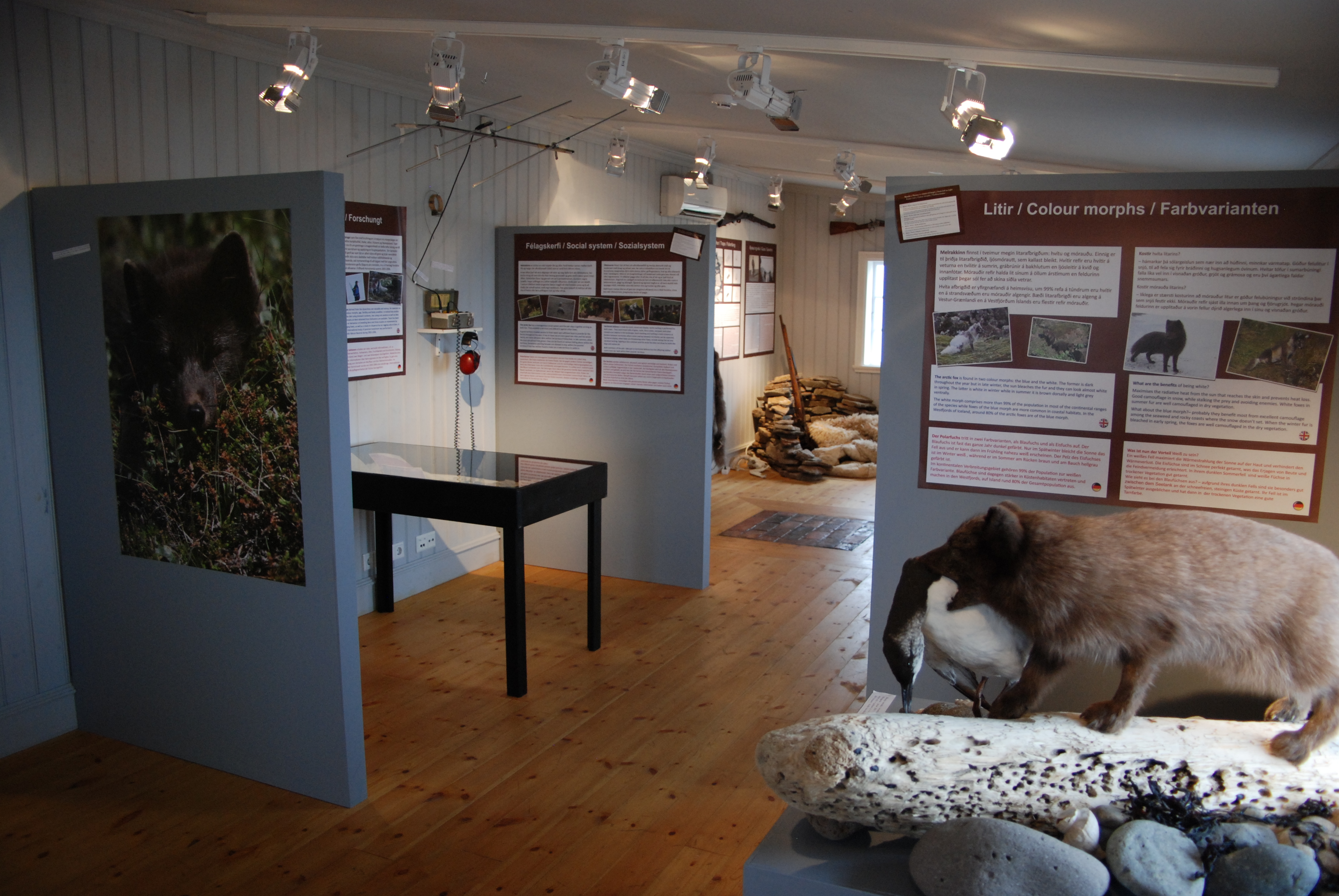|
The Arctic Fox Center
The Arctic Fox Centre ( is, Melrakkasetur ) is a research centre with an enclosed exhibition and café in the municipality Súðavík in the Westfjords in Iceland. It focuses on the Arctic fox (''Vulpes lagopus'') which is the only native terrestrial mammal in Iceland. The centre was founded in 2007 by locals who are interested in the Arctic fox. It has a strong emphasis on ecotourism. The centre is a non-profit-partner of 1% for the planet and a member of The Wild North. The house The house is located in the new part of Súðavík, on the land of the former farm Eyrardalur. It was built in the last decade of the 19th century and has been renovated recently by the authorities of Súðavík. History Opened in 2010, the centre was founded by Páll Hersteinsson PhD and Ester Rut Unnsteinsdóttir MSc, Arctic fox experts as well as professor and pupil. Páll and Ester Rut originally started studying the Arctic fox together on the Hornstrandir Nature Reserve in 1998, one of the few ... [...More Info...] [...Related Items...] OR: [Wikipedia] [Google] [Baidu] |
Arctic Fox
The Arctic fox (''Vulpes lagopus''), also known as the white fox, polar fox, or snow fox, is a small fox native to the Arctic regions of the Northern Hemisphere and common throughout the Arctic tundra biome. It is well adapted to living in cold environments, and is best known for its thick, warm fur that is also used as camouflage. It has a large and very fluffy tail. In the wild, most individuals do not live past their first year but some exceptional ones survive up to 11 years. Its body length ranges from , with a generally rounded body shape to minimize the escape of body heat. The Arctic fox preys on many small creatures such as lemmings, voles, ringed seal pups, fish, waterfowl, and seabirds. It also eats carrion, berries, seaweed, and insects and other small invertebrates. Arctic foxes form monogamous pairs during the breeding season and they stay together to raise their young in complex underground dens. Occasionally, other family members may assist in raising their y ... [...More Info...] [...Related Items...] OR: [Wikipedia] [Google] [Baidu] |
